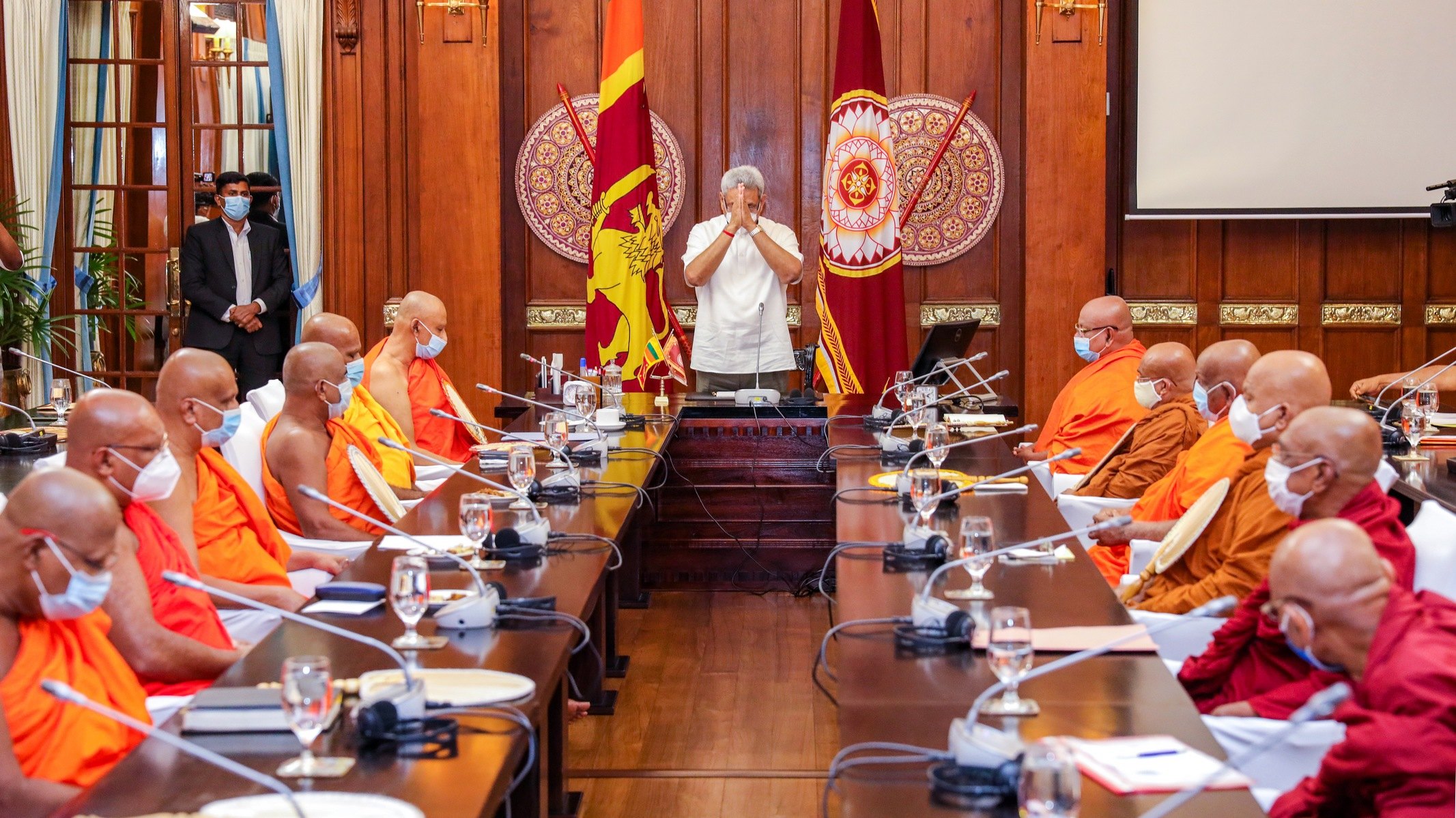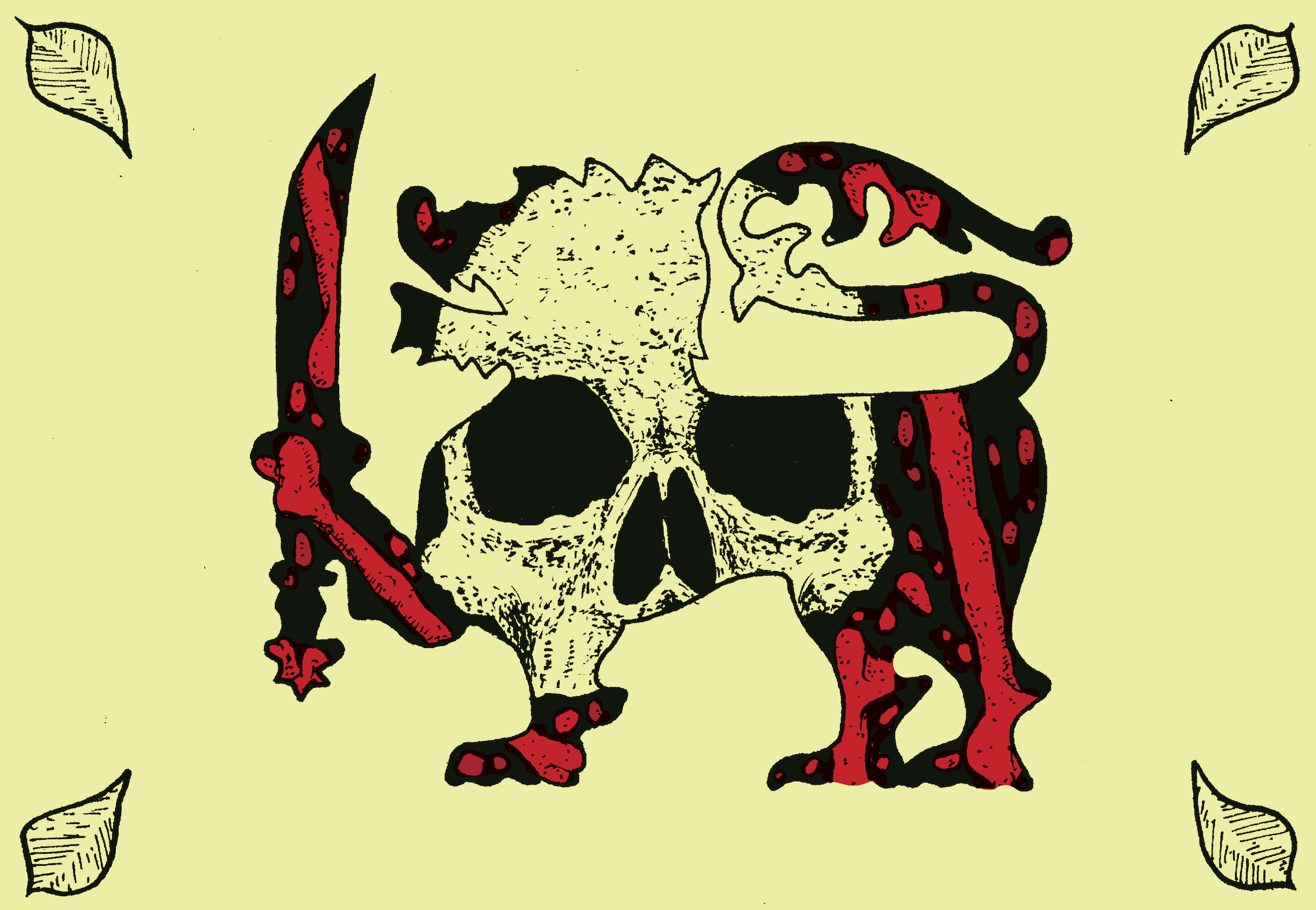
Last Tuesday, the Canadian government broke historic ground with the sanctioning of two former Sri Lankan presidents, Gotabaya and Mahinda Rajapaksa. In this act, they shattered any lingering illusion that the crimes of the Sri Lankan military were simply the acts of rank-and-file soldiers. Instead, they were calculated, meticulously planned and executed by the head of Sri Lanka’s wartime administration and his right hand, the acting defense secretary. These were not the actions of rogue soldiers but “gross and systematic violations of human rights”. Thus, strengthening the case that the Rajapaksa must be brought before the Hague.
Sri Lanka’s Foreign Ministry has responded, predictably, by lashing out against the Canadian government for its “unilateral action” and of “polarising communities” on the island. The statement of the ministry is a pitiful attempt to prop up a mirage of communal harmony against a background of military occupation and continued human rights violations. For generations, Tamils have had to suffer under the thumb of the Sinhala Buddhist state. Their lives are punctuated by the threat of military violence; the prohibition on memorials; the memories of their loved ones abducted by the state; and the genocide they suffered.
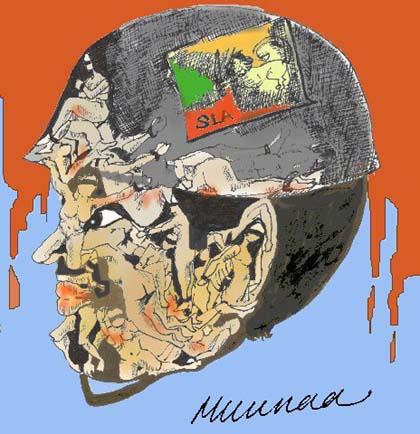




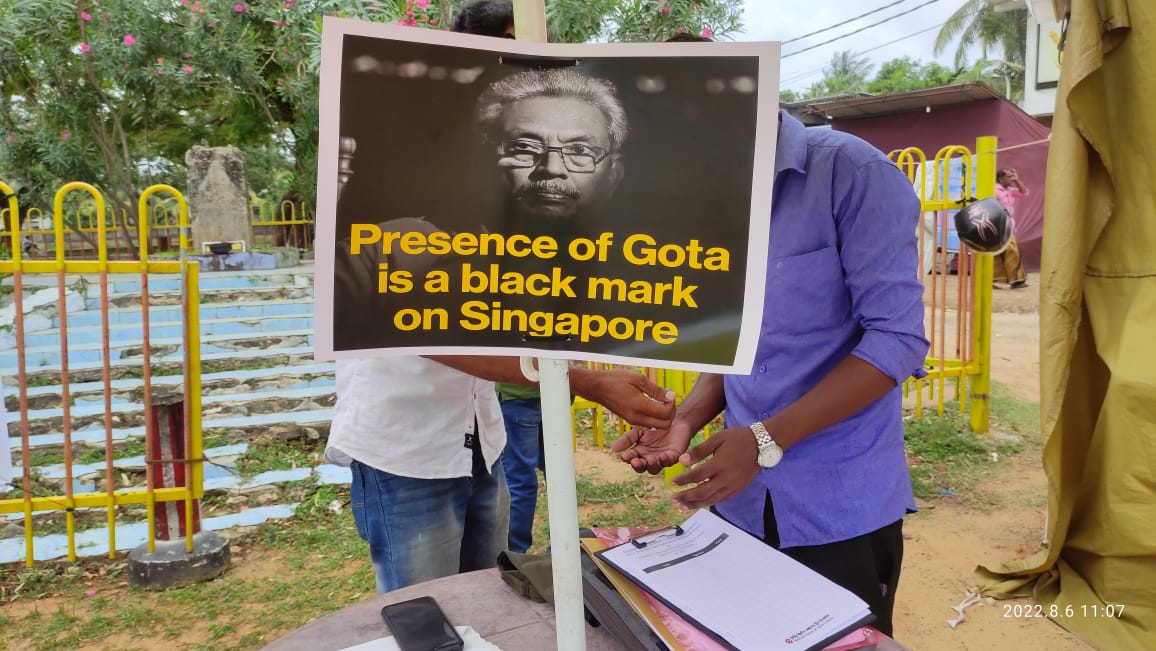

.jpg)


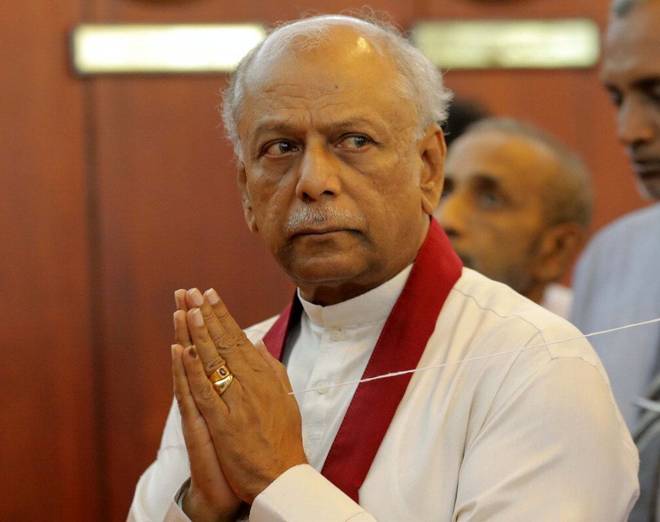

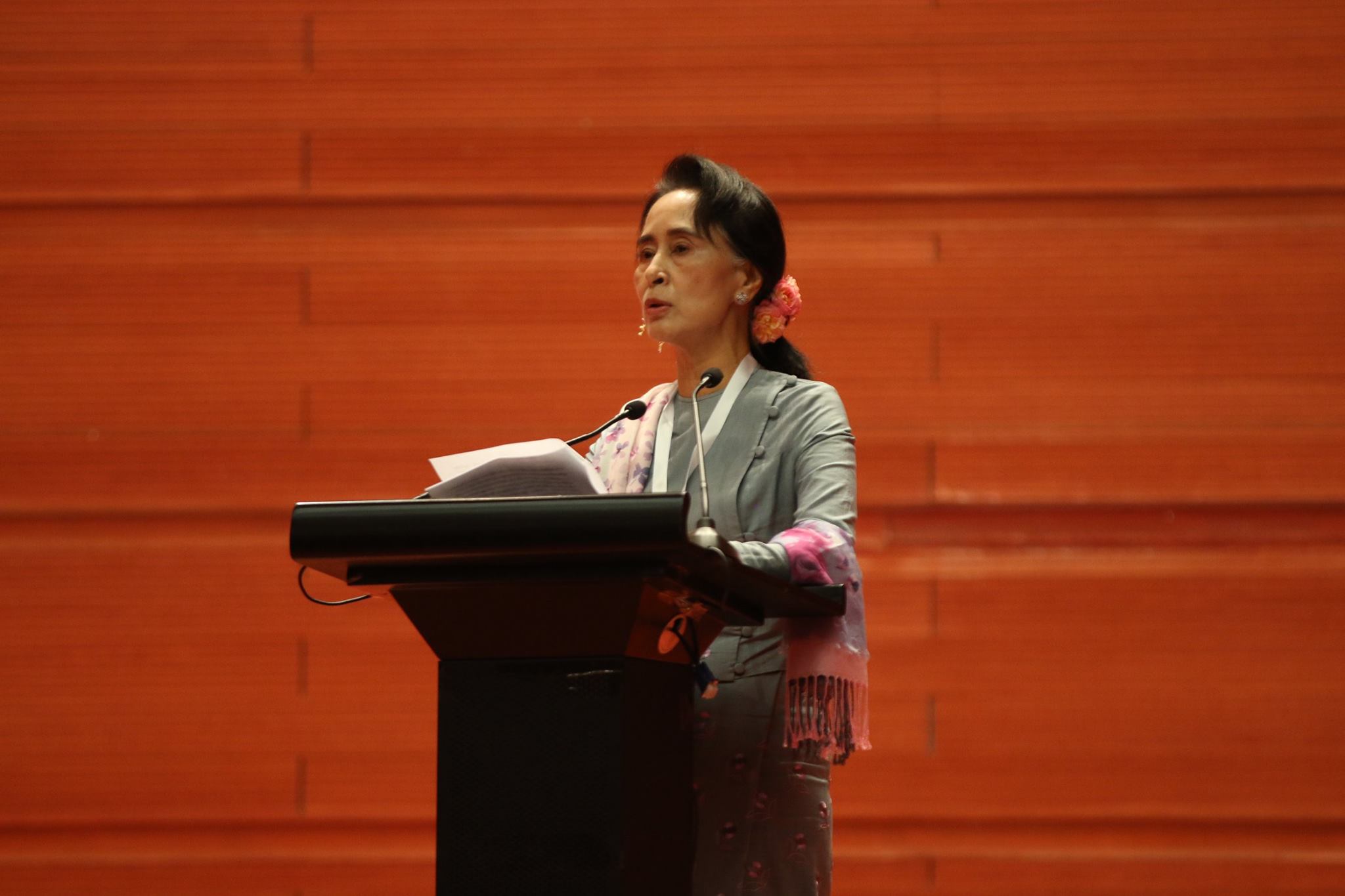 The victory of Aung San Suu Kyi’s National League for Democracy (NLD) at Myanmar’s elections has been heralded as evidence of support for the country’s
The victory of Aung San Suu Kyi’s National League for Democracy (NLD) at Myanmar’s elections has been heralded as evidence of support for the country’s 

